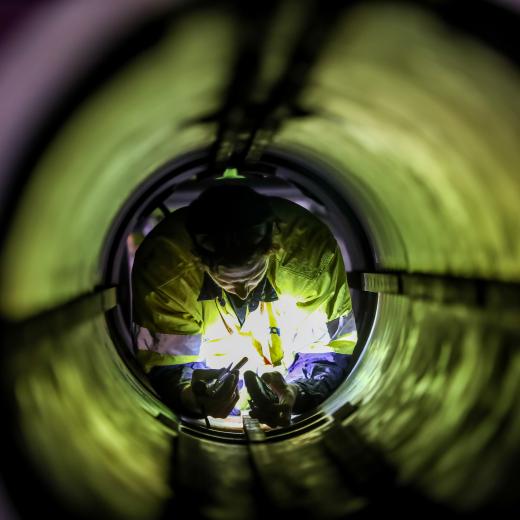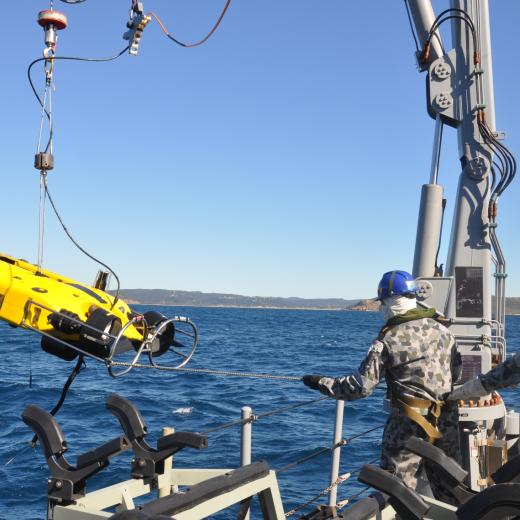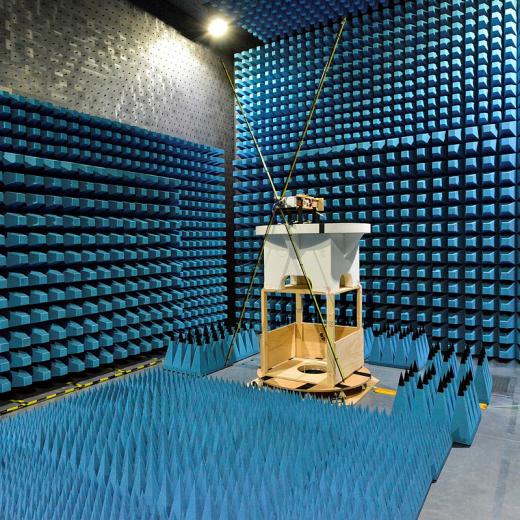BLUF
Governments failed to see the powerful impact that social and other media would have regarding spreading disinformation*.Summary
For many of us, Donald Trump made the term 'fake news' a household phrase. But disinformation was a problem well before Donald Trump. Alicia Wanless, Director of the Partnership for Countering Influence Operations at the Carnegie Endowment for International Peace, said democracies needed to address two significant areas. The first is how disinformation* flows, and the second is: what are the short and long-term impact of disinformation? For instance, do disinformation campaigns have the power to change election outcomes? Unfortunately, there are few credible studies on the effects of de-platforming disinformation spreaders. The other problem is that most relevant data is held by private companies that are usually unwilling to share. Resident fellow at the American Enterprise Institute, Elizabeth Braw, agreed that democracies are in a disinformation crisis and remembers the early days of social media when governments failed to see how these platforms would transform—even threaten—democratic institutions.
* Note this from Business Insider: Misinformation vs. disinformation:
'Misinformation refers to false or out-of-context information that is presented as fact regardless of an intent to deceive.
Disinformation is a type of misinformation that is intentionally false and intended to deceive or mislead.'





